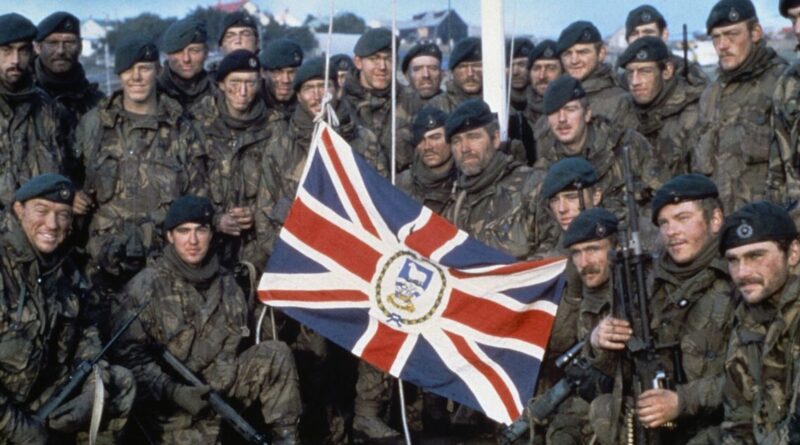Falkland Islands tensions as ‘99%’ of Argentina believes ‘they’ll get them back’ | World | News
Argentinians believe that the Falkland Islands are theirs and they must recover them, according to an Argentinian war correspondent.
Nicolás Kasanzew believes that despite the time since the islands became British, the people of Argentina still regard the islands, which they call Las Malvinas, as their territory.
Nicolás Kasanzew was recently appointed head of the Senate’s Malvinas Gesta Directorate by Argentinian Vice President Victoria Villarruel.
Kasanzew said: “After the war ended and decades passed, the history of the Malvinas was misrepresented, and the combatants were defamed. (But) despite all this propaganda against it, the Malvinas cause remains alive in the hearts of Argentines.”
Argentina has increased its rhetoric on the islands in recent years, with President Javier Milei calling for a “reconciliation with the Armed Forces” as part of commemorating the anniversary of the start of the Malvinas War.
Although historical accounts of who “discovered” the islands differ, they have been British since they expelled the Argentine governor and garrison in 1833.
The Argentinians attempted to reclaim the islands in 1982 but were fought off by British soldiers.
The issue has been discussed in UK politics in recent weeks, as the surrendering of the Chagos islands to Mauritius raised questions over the UK’s resolve to hold onto the islands invaded by Argentinian forces in 1982.
A fortnight ago, Prime Minister Keir Starmer defiantly responded to a question on the Falklands in the House of Commons, insisting: “They are British, and they will remain British; it is personal to me.
“My uncle nearly lost his life when his ship was torpedoed defending the Falklands.”
But Argentina has continued to discuss the possibility of publicly claiming the islands, with President Milei talking about “roadmaps to sovereignty.”
Given the lack of political will to negotiate and Argentina’s inability to threaten the island militarily, it is unclear what such a roadmap would look like.
Britain is once bitten twice as shy. For all of the deficiencies within the military, they still significantly outmatch Argentina in terms of capability and prioritise the island’s defence much more than they did through the 1970s.
With 1,500 troops permanently stationed on the island, combined with Royal Navy patrols and RAF air superiority, the island’s defence is likely robust enough to fend off any amphibious invasion until the arrival of reinforcements.
Recent decades have been tough on the Argentinians, who are poorly funded, poorly trained and poorly equipped, with the armed force receiving less than 1 percent of GDP every year for 20 years.




